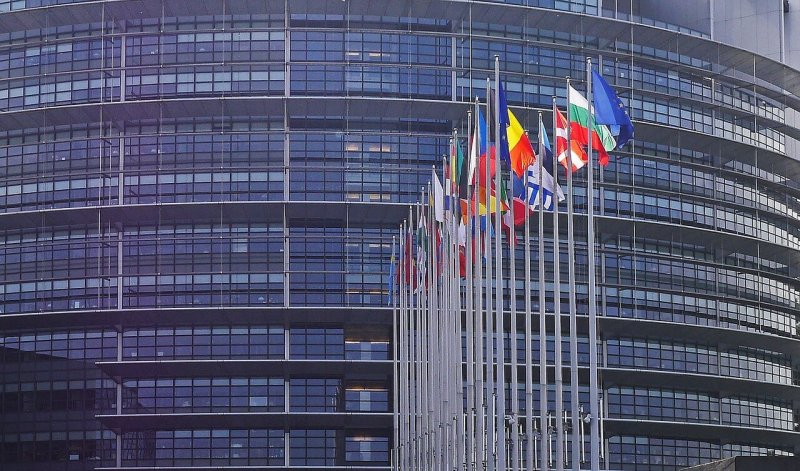At the start of the pandemic, China built a hospital in double-quick time and we all thought, “that’s why they are so good at economic growth”. Then Britain did the same, proving we can do it too. Medical devices have been rushed through the approval process in days. Vaccine development is being brilliantly accelerated. We have shown we can do things quickly. Why can’t we do the same in ordinary times?
…
In 2005, the European Food Safety Authority (EFSA) approved a genetically modified variety of potato bred by the German company BASF.
The European Commission decided not to decide. So BASF went to court and won. The commission launched another evaluation. The EFSA once again said the potato was safe. But the Hungarian government complained the EU had based its decision on the first approval, instead of the second virtually identical one. A court agreed.
By this time, eight years had passed and BASF had tired of banging its head against a brick wall. It withdrew its application, packed up its research team and moved them to America.































